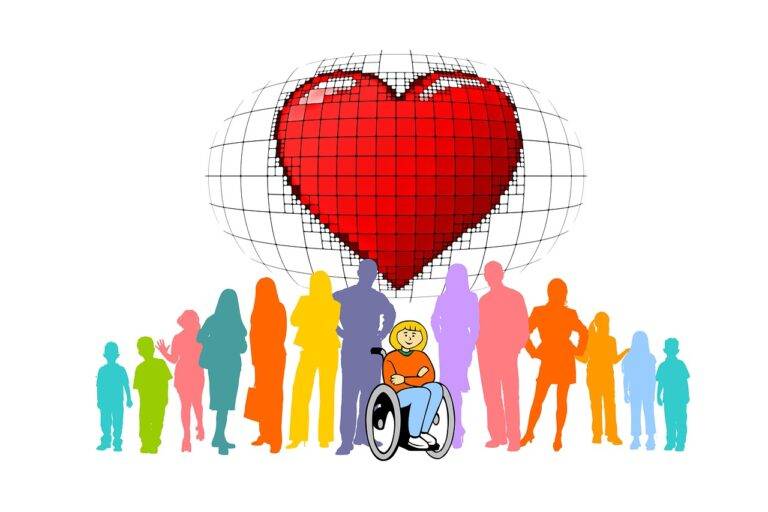The Psychology of Workplace Collaboration: Strategies for Success
Effective collaboration is a cornerstone of success in any workplace setting. By working together towards common goals, individuals can leverage their diverse skills and perspectives to drive innovation and problem-solving. Collaboration fosters a sense of unity and camaraderie among team members, leading to improved communication, decision-making, and overall productivity.
Moreover, collaboration encourages knowledge sharing and learning opportunities among colleagues, which can ultimately lead to professional growth and development. When employees feel empowered to contribute their ideas and opinions in a collaborative environment, it not only boosts morale but also enhances job satisfaction and employee engagement. Ultimately, organizations that prioritize collaboration are better equipped to adapt to changing environments and stay competitive in today’s dynamic and fast-paced business world.
Heading: Identifying Common Barriers to Effective Collaboration
In the realm of workplace collaboration, several common barriers often impede the smooth flow of communication and productivity. Lack of clear communication channels can lead to misunderstandings and hinder effective collaboration among team members. Additionally, differing work styles and personalities within a team can create friction and make it challenging to find common ground when working together.
Moreover, competing priorities and conflicting goals among team members can result in a lack of alignment and coordination, making it difficult to achieve collective objectives. When individuals are not on the same page about the direction and focus of their collaborative efforts, it can lead to inefficiencies and hinder progress. Recognizing these barriers is crucial in order to address them proactively and foster a more conducive environment for effective collaboration in the workplace.
Heading: Building Trust and Psychological Safety in a Collaborative Environment
Trust is a foundational element in any collaborative environment. It is the belief that your colleagues are competent, reliable, and have good intentions. Without trust, communication breaks down, and collaboration becomes challenging. Building trust involves being honest, transparent, and reliable in your interactions with others. It also requires active listening and showing empathy towards your team members to create a sense of understanding and connection.
Psychological safety complements trust by fostering an environment where individuals feel safe to take risks, speak their minds, and express their ideas without fear of judgment or repercussions. When team members feel psychologically safe, they are more likely to share their thoughts and opinions openly, leading to richer discussions and better decision-making. Leaders play a crucial role in promoting psychological safety by leading by example, encouraging open communication, and valuing diverse perspectives within the team.
• Trust is crucial in a collaborative environment
• Building trust involves honesty, transparency, and reliability
• Active listening and empathy are key to creating trust among team members
• Psychological safety allows individuals to take risks and express ideas freely
• When team members feel psychologically safe, they are more likely to share openly
• Leaders can promote psychological safety by encouraging open communication and valuing diverse perspectives
Why is collaboration important in the workplace?
Collaboration in the workplace is important because it promotes teamwork, creativity, and innovation. It allows employees to share ideas, expertise, and resources to achieve common goals.
What are some common barriers to effective collaboration?
Some common barriers to effective collaboration include lack of trust, poor communication, competing priorities, and fear of failure. These barriers can hinder productivity and prevent teams from reaching their full potential.
How can trust be built in a collaborative environment?
Trust can be built in a collaborative environment through open communication, transparency, honesty, and mutual respect. It is important for team members to be reliable, accountable, and supportive of each other.
What is psychological safety and why is it important in a collaborative environment?
Psychological safety refers to feeling safe to take risks, ask questions, and share ideas without fear of judgment or reprisal. It is important in a collaborative environment because it encourages creativity, innovation, and open communication among team members.







